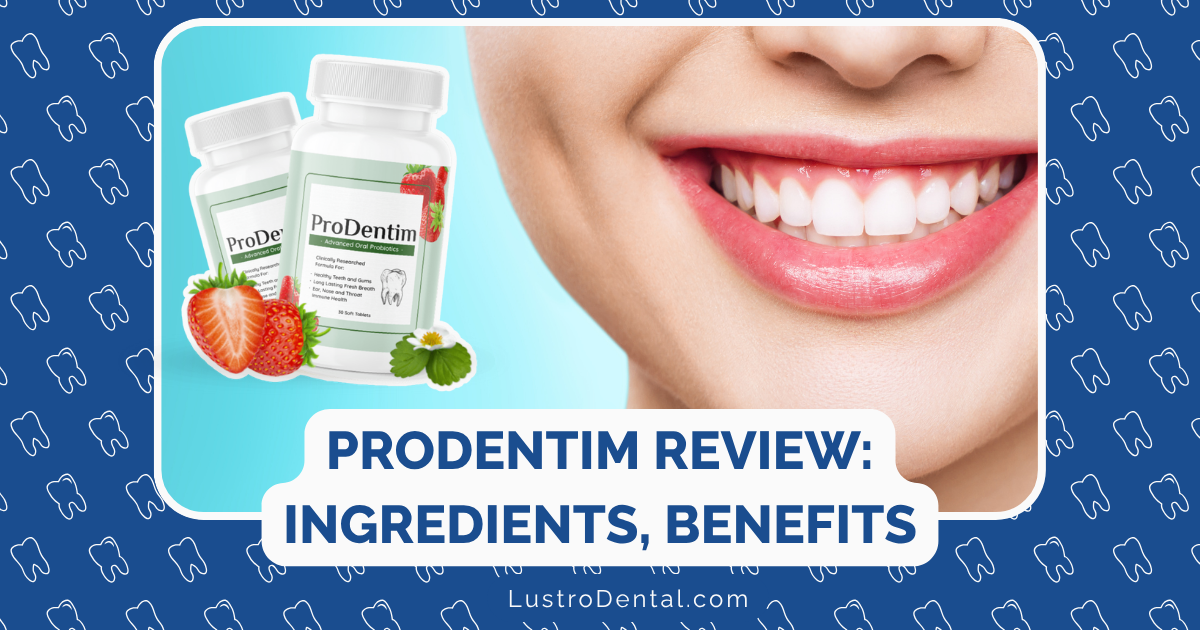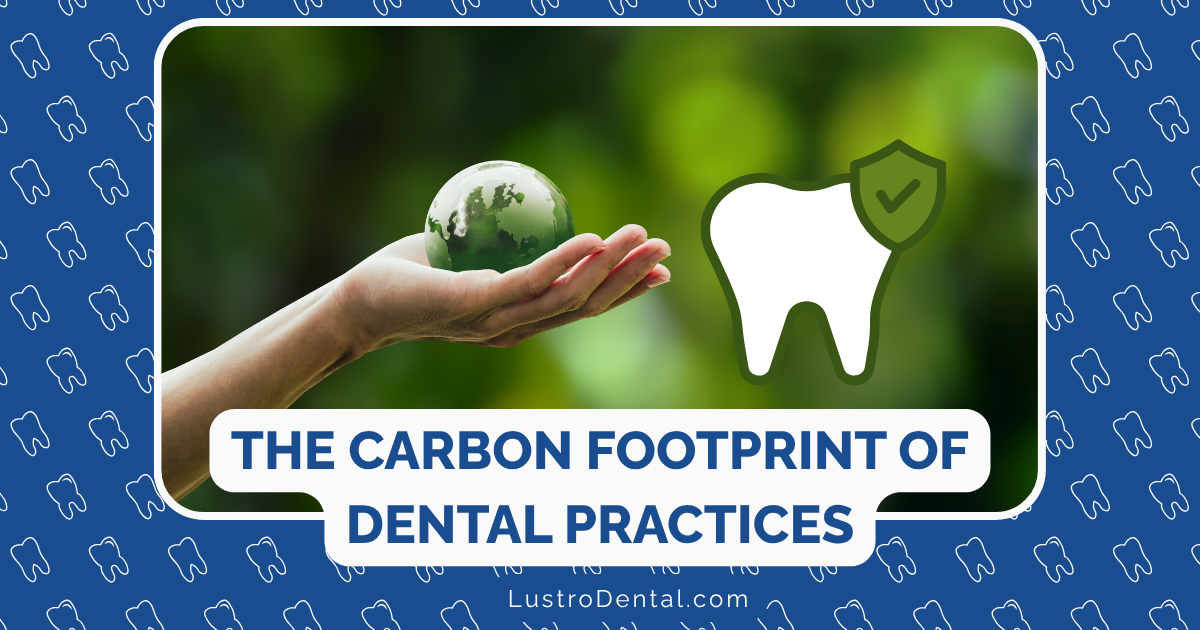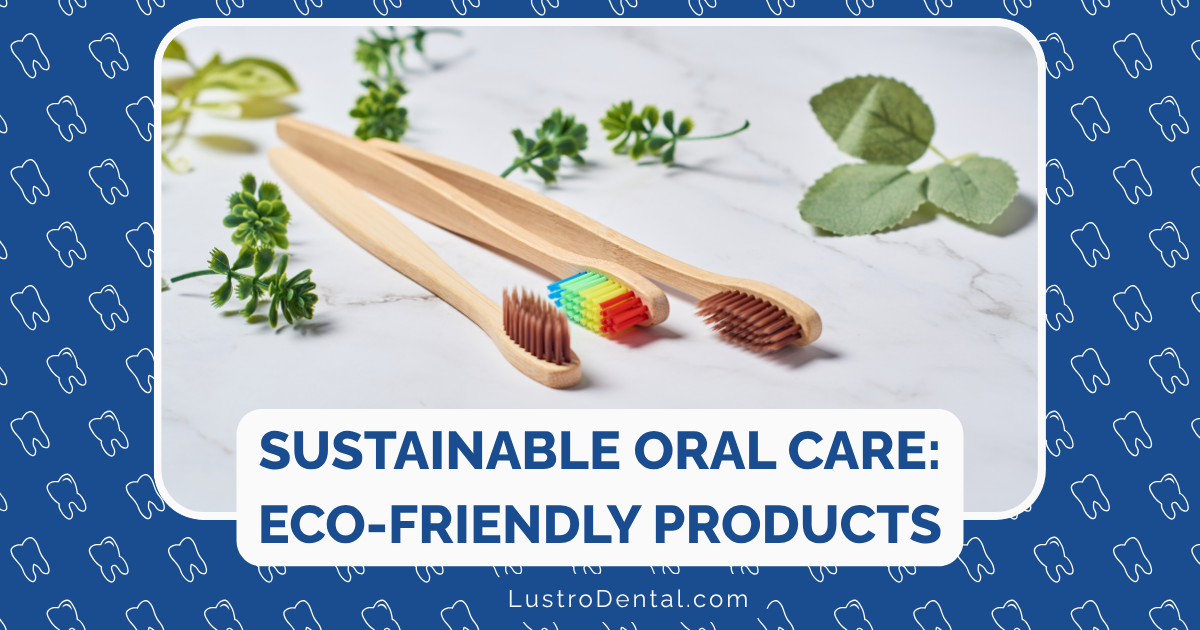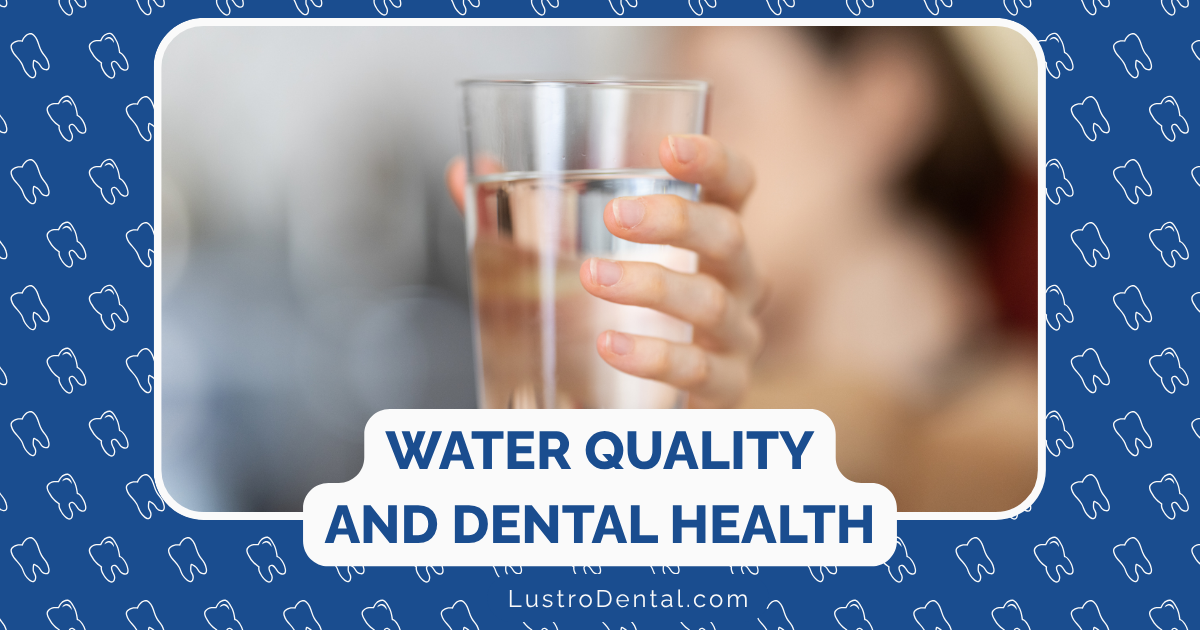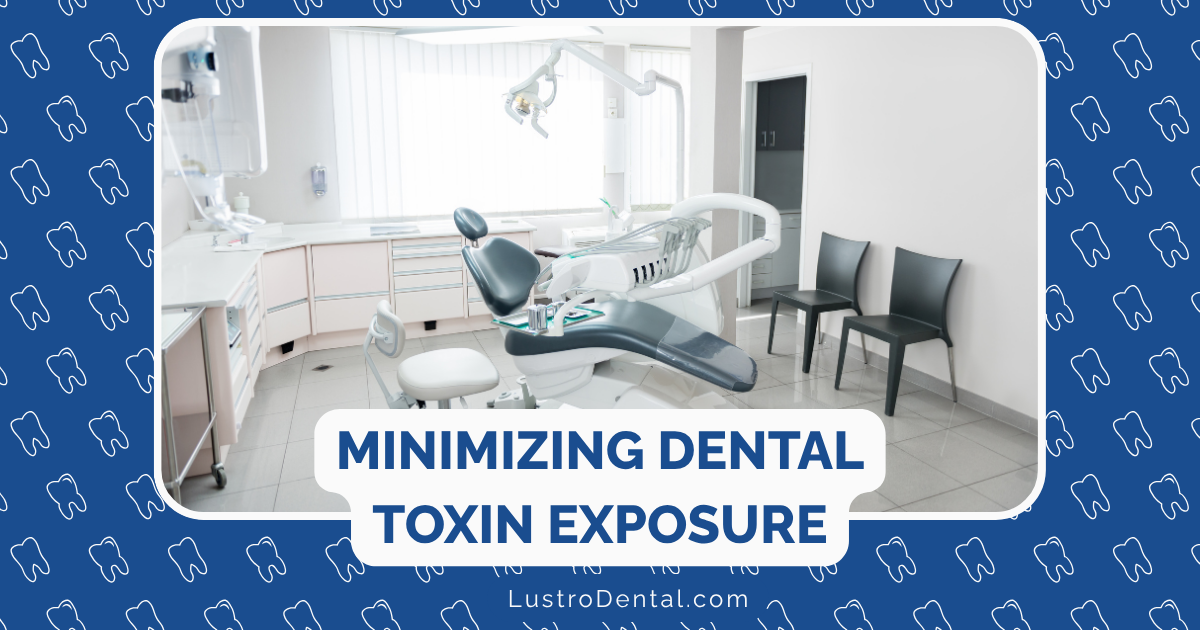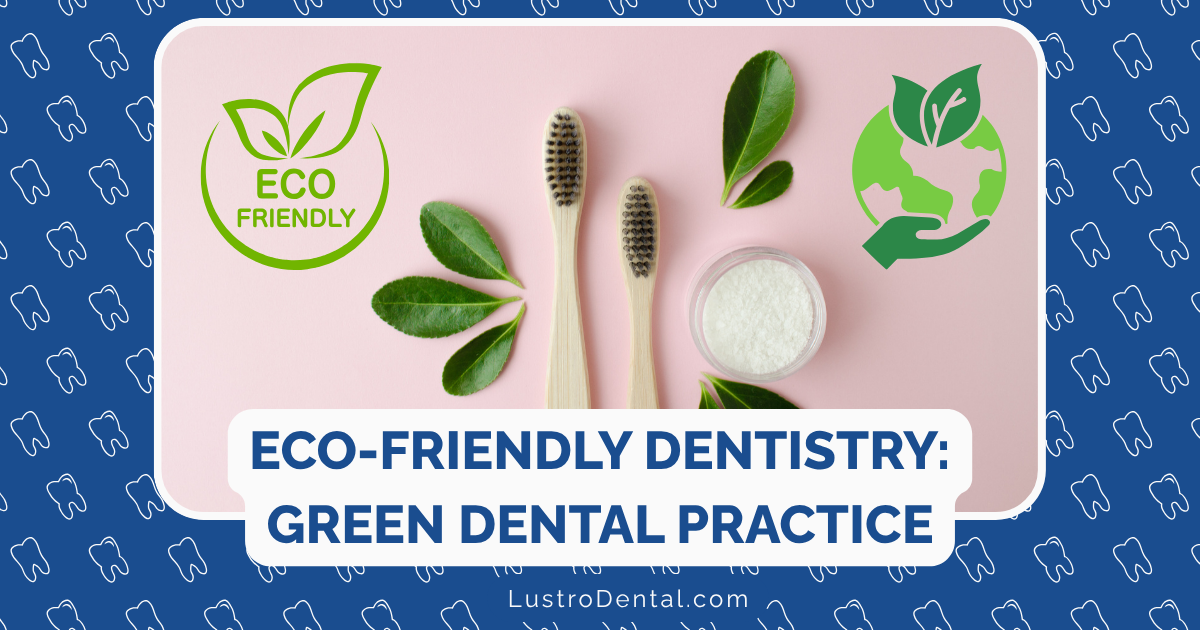Integrating Natural Remedies with Conventional Dental Care: A Balanced Approach
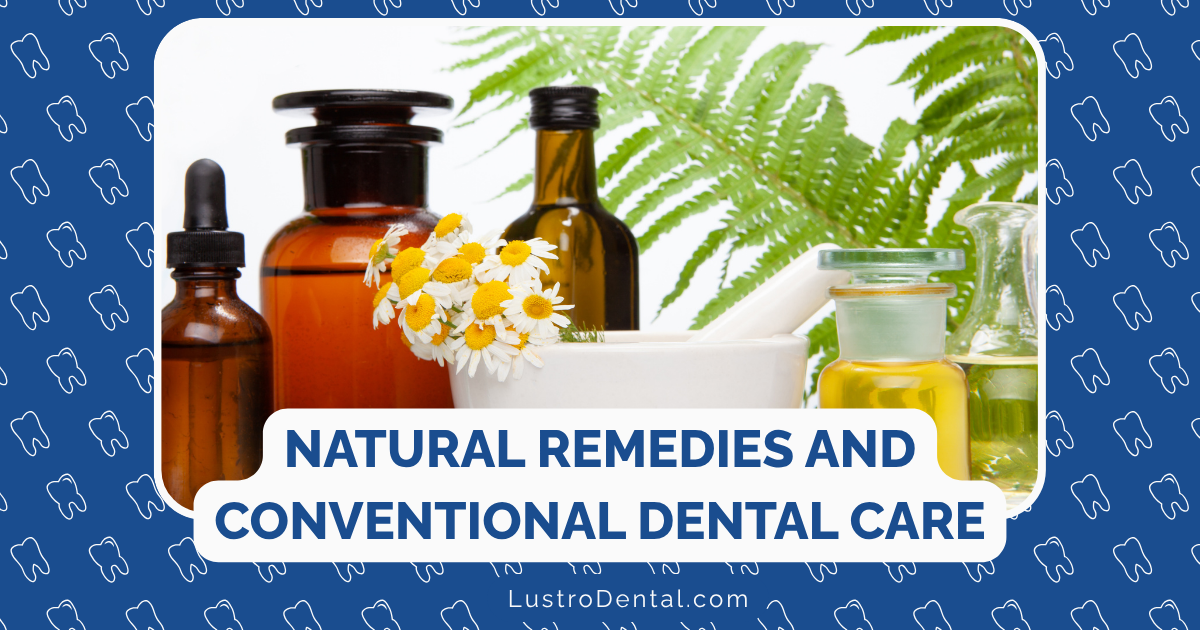
The landscape of dental care is evolving. As patients increasingly seek holistic health solutions, many are wondering how natural remedies can complement their conventional dental treatments. Rather than viewing these as opposing approaches, a growing number of dental professionals are recognizing the value of thoughtfully integrating both for optimal oral health.
As a dental health advocate, I’ve witnessed the benefits of this balanced approach firsthand. In this comprehensive guide, we’ll explore how natural remedies and conventional dental care can work together synergistically, backed by current research and practical applications that respect both traditional wisdom and modern science.
The Shifting Paradigm in Dental Care
The dental industry is experiencing a significant transformation. According to a 2025 report, holistic dentistry is increasingly focusing on integrating advanced technologies with a whole-person approach to health, recognizing the profound connection between oral health and overall wellbeing.
This shift isn’t about abandoning conventional dentistry but rather enhancing it with evidence-based natural approaches. Dr. Sarah Johnson, a dentist who incorporates holistic principles into her practice, explains: “The most effective dental care often combines the precision and immediate efficacy of conventional treatments with the gentle, supportive nature of natural remedies. It’s not an either/or proposition—it’s about finding the right balance for each patient.”
Understanding the Complementary Relationship
Before diving into specific integrations, let’s clarify how conventional and natural approaches can complement each other:
Strengths of Conventional Dental Care
Conventional dentistry excels in several critical areas:
- Immediate intervention: Effectively addresses acute dental issues like severe decay, infections, or trauma
- Precision diagnostics: Utilizes advanced imaging and testing for accurate diagnosis
- Evidence-based protocols: Follows standardized procedures with extensive clinical research
- Specialized treatments: Offers specialized interventions like endodontics, orthodontics, and oral surgery
- Predictable outcomes: Provides consistent results with well-established techniques
Valuable Contributions of Natural Approaches
Natural dental care offers complementary benefits:
- Preventive focus: Emphasizes proactive measures to maintain oral health
- Minimally invasive: Often less aggressive than conventional interventions
- Reduced side effects: Generally gentler with fewer adverse reactions
- Supports healing processes: Works with the body’s natural healing mechanisms
- Addresses root causes: Often considers underlying factors like nutrition and lifestyle
Evidence-Based Natural Remedies in Dental Care
Not all natural remedies are created equal. Let’s examine those with substantial scientific evidence supporting their integration with conventional dental care:
1. Herbal Antimicrobials for Oral Health
Scientific Support: Research published in Springer Link confirms that certain herbs possess antimicrobial, anti-inflammatory, and healing properties relevant to oral health conditions.
Effective Options:
- Tea Tree Oil: Studies show it’s effective against oral pathogens, including those causing periodontal disease
- Neem: Contains compounds that reduce plaque formation and gingival inflammation
- Clove Oil: Contains eugenol, which has analgesic and antimicrobial properties
Integration Strategy: These can be used as adjuncts to professional cleanings and periodontal treatments, helping to manage bacterial load between dental visits.
2. Nutritional Approaches to Oral Health
Scientific Support: Growing evidence links nutritional status to oral health outcomes, particularly for periodontal disease and tooth remineralization.
Effective Options:
- Vitamin D and Calcium: Essential for maintaining tooth and bone structure
- Vitamin C: Critical for gum health and collagen production
- Omega-3 Fatty Acids: Help reduce inflammation associated with periodontal disease
- Antioxidant-Rich Foods: Combat oxidative stress that contributes to oral inflammation
Integration Strategy: Dental professionals can incorporate nutritional counseling alongside conventional treatments, addressing underlying factors that may contribute to recurrent issues.
3. Probiotics for Oral Microbiome Balance
Scientific Support: Research indicates that certain probiotic strains can help maintain a balanced oral microbiome, potentially reducing caries risk and supporting periodontal health.
Effective Options:
- Lactobacillus reuteri: Shown to reduce gingivitis and plaque
- Streptococcus salivarius K12: May help manage oral malodor
- Bifidobacterium: Supports overall oral microbiome diversity
Integration Strategy: Probiotics can be recommended following antibiotic treatments or alongside conventional periodontal therapy to help restore beneficial bacteria.
4. Plant-Based Anti-Inflammatory Agents
Scientific Support: A 2025 study from Aria Dental Care notes that natural anti-inflammatory compounds can effectively reduce gingival inflammation.
Effective Options:
- Turmeric (Curcumin): Powerful anti-inflammatory properties
- Aloe Vera: Reduces inflammation and promotes healing of oral tissues
- Green Tea: Contains catechins that have anti-inflammatory effects
Integration Strategy: These can be used between professional treatments to help manage chronic inflammatory conditions like gingivitis and periodontitis.
Practical Integration Strategies for Patients
Here are tangible ways patients can incorporate natural approaches alongside conventional dental care:
Daily Oral Hygiene Enhancement
Conventional Foundation:
- Brush twice daily with fluoride toothpaste
- Floss or use interdental cleaners daily
- Attend regular professional cleanings
Natural Enhancements:
- Add a drop of tea tree oil to toothpaste once daily (not for children)
- Use a tongue scraper to reduce bacterial load
- Try oil pulling with coconut oil as a supplementary practice (not a replacement for brushing)
- Incorporate a probiotic specifically formulated for oral health
Managing Specific Dental Conditions
For Gingivitis:
Conventional Approach:
- Professional dental cleaning
- Improved brushing and flossing technique
Natural Complements:
- Saltwater rinses twice daily
- Aloe vera gel applied to gums
- Green tea rinses (unsweetened)
- Increased intake of vitamin C-rich foods
For Sensitivity:
Conventional Approach:
- Desensitizing toothpaste
- Fluoride treatments
- Addressing underlying causes (recession, grinding)
Natural Complements:
- Clove oil (diluted) for temporary relief
- Avoid acidic foods and drinks
- Green tea rinses may help reduce sensitivity over time
- Ensure adequate vitamin D and calcium intake
For Post-Extraction Care:
Conventional Approach:
- Follow dentist’s aftercare instructions
- Take prescribed medications as directed
Natural Complements:
- Saltwater rinses (after 24 hours)
- Chamomile tea rinses (cooled) to reduce inflammation
- Proper nutrition to support healing
- Arnica montana (as recommended by healthcare provider) to reduce bruising
The Dental Professional’s Role in Integration
Dental professionals play a crucial role in guiding the integration of natural and conventional approaches:
1. Patient Education and Communication
Dentists and hygienists can:
- Discuss evidence-based natural options relevant to specific conditions
- Clarify misconceptions about both natural and conventional approaches
- Provide resources for reliable information on natural dental care
- Listen to patients’ interest in natural remedies without judgment
2. Personalized Integration Plans
According to a 2025 report, modern dental practices are increasingly offering personalized natural care plans based on individual oral microbiome analysis and lifestyle factors. These plans might include:
- Specific natural remedies appropriate for the patient’s condition
- Clear guidance on when conventional treatments are necessary
- Lifestyle and nutritional recommendations
- Monitoring protocols to assess effectiveness
3. Continuing Education
A 2025 study found that 83.9% of dental students expressed interest in learning more about herbal medicine, and 72.1% supported integrating herbal medicine courses into dental education. This suggests a growing recognition of the importance of understanding natural approaches among dental professionals.
Dentists can:
- Pursue continuing education on evidence-based natural dentistry
- Stay current on research regarding natural remedies
- Network with integrative healthcare providers
- Consider certification in integrative or biological dentistry
Limitations and Considerations
A balanced approach acknowledges the limitations of both conventional and natural methods:
When to Prioritize Conventional Care
Certain situations require prioritizing conventional dental treatment:
- Dental emergencies: Trauma, severe pain, or infections
- Advanced decay or disease: Conditions requiring immediate intervention
- Structural issues: Problems affecting tooth stability or function
- Pathology: Suspicious lesions or abnormalities requiring diagnosis
- Systemic health concerns: Conditions where oral health directly impacts overall health
Dr. Michael Chen, a periodontist who incorporates natural approaches, emphasizes: “Natural remedies work best for prevention and as adjuncts to conventional care. They’re not replacements for necessary dental procedures, especially in acute or advanced conditions.”
Potential Interactions and Contraindications
Some natural remedies may:
- Interact with medications or dental materials
- Be contraindicated for certain health conditions
- Cause allergic reactions in sensitive individuals
- Delay seeking necessary conventional treatment if misused
Always discuss natural remedies with both your dentist and physician, especially if you:
- Take prescription medications
- Have chronic health conditions
- Are pregnant or nursing
- Have known allergies
- Are preparing for dental surgery
Case Studies: Successful Integration in Practice
Case 1: Managing Chronic Gingivitis
Patient Profile: 42-year-old female with recurring gingivitis despite regular brushing and flossing
Conventional Care:
- Professional cleaning every 3 months
- Prescription antimicrobial mouthwash for acute flare-ups
Natural Integration:
- Daily oral probiotics
- Tea tree oil-enhanced natural toothpaste
- Anti-inflammatory diet rich in omega-3s
- Aloe vera gel application to gums
Outcome: After 6 months, gingival inflammation significantly reduced, bleeding on probing decreased by 70%, and frequency of acute flare-ups diminished from monthly to quarterly.
Case 2: Supporting Post-Surgical Healing
Patient Profile: 58-year-old male recovering from dental implant surgery
Conventional Care:
- Surgical procedure following standard protocols
- Prescribed antibiotics and pain management
- Regular follow-up appointments
Natural Integration:
- Nutritional support with increased protein, vitamin C, and zinc
- Coenzyme Q10 supplementation
- Arnica montana for bruising and swelling
- Chamomile rinses after initial healing phase
Outcome: Healing time reduced by approximately 30% compared to typical cases, with minimal post-operative complications and reduced need for pain medication.
The Future of Integrated Dental Care
The integration of natural remedies with conventional dental care continues to evolve. According to a 2025 report, some states are establishing pathways for dentists to become licensed in naturopathic approaches, allowing them to function as more comprehensive healthcare providers.
Future developments may include:
- Standardized integrative protocols: Evidence-based guidelines for combining natural and conventional approaches
- Advanced diagnostics: Technologies that help identify which patients would benefit most from specific natural interventions
- Specialized formulations: Professionally developed natural products designed to complement specific dental procedures
- Insurance coverage: Expanded coverage for evidence-based natural approaches
- Collaborative care models: Formalized partnerships between dentists, nutritionists, and other healthcare providers
Conclusion: Embracing the Best of Both Worlds
The integration of natural remedies with conventional dental care represents a thoughtful evolution in oral healthcare—one that acknowledges both the precision and immediate efficacy of modern dentistry and the gentle, supportive benefits of natural approaches.
The most successful integration occurs when:
- Evidence guides the selection of natural remedies
- Natural approaches complement rather than replace necessary conventional care
- Dental professionals and patients communicate openly about all treatments
- Individual needs and preferences are respected
- Outcomes are monitored and approaches adjusted as needed
By embracing this balanced approach, we can enhance both the effectiveness of dental treatments and the overall experience of dental care. The goal isn’t to choose between natural and conventional dentistry, but rather to thoughtfully combine them in ways that optimize oral health while respecting the body’s innate healing capacity.
After all, the mouth doesn’t exist in isolation from the rest of the body, and the most comprehensive dental care acknowledges this fundamental truth. Whether you’re a dental professional looking to expand your approach or a patient seeking more holistic options, the thoughtful integration of natural remedies with conventional dental care offers a promising path forward.
Have you incorporated natural remedies alongside your conventional dental care? What has your experience been like? Share your thoughts in the comments below.


